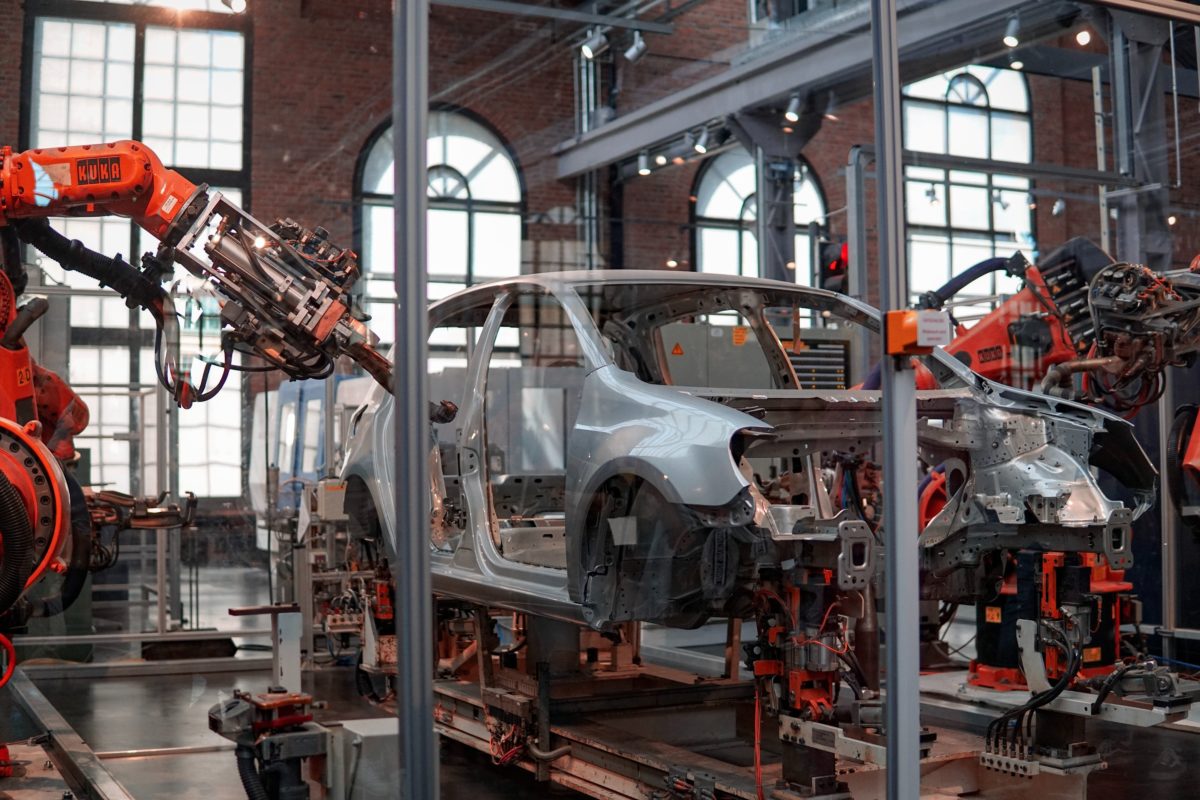
It can be very uncomfortable being an equity investor when markets are falling. Everywhere you look it seems there’s more bad news. Everyone appears to be selling their riskier assets and heading for the security of cash or government bonds.
It can grind you down, and it can last for years. Indeed there may come a point when you wonder whether markets will ever recover. But that’s normally the very worst time to capitulate.
So, what comfort can you take at times like these? Perhaps the best way to reassure yourself is to take a look back through financial market history. What you’ll find is a whole series of setbacks, all of which seemed game-changing at the time. And yet, diversified investors who kept their nerve have almost always been rewarded for their patience.
Why is that? It’s because human enterprise and capitalism have proved remarkably resilient over time.
In Part 4 of Conquer Your Fear of the Sock Market, our five-part video series for RockWealth, the financial author Jason Butler puts it like this: “As long as companies can deliver value, and build value and build earnings, and distribute profits to people and shareholders in the form of dividends, then the long-term trajectory of capitalism is one that builds wealth over time.”
We hope you enjoy this latest video. Please share it if you find it helpful. And if you’ve missed any of the other videos in the series, you can catch up here:
Conquer Your Fear of the Stock Market, Part 1
Conquer Your Fear of the Stock Market, Part 2
Conquer Your Fear of the Stock Market, Part 3
Transcript for Part 4 of Conquer Your Fear of the Stock Market:
4. Markets have always risen, despite short-term setbacks
Another reason not to fear crashes and corrections is that, throughout history, financial markets have always recovered.
Actually, let me qualify that. If you’d been invested entirely in Russian stocks or in Chinese stocks at the time of the revolutions in those two countries, you would have lost everything.
But generally speaking, stock markets eventually recover any ground they lose.
Professor Janette Rutterford from the Open University Business School says: “All the evidence points that that’s the case. I mean, you might have one 20-year period or two 20-year periods in a very, very long time where that doesn’t happen; but, on the whole, shares outperform bonds, bonds outperform cash, with monotonous regularity if you’re looking at ten years, 15 years, or 20 years out.
“If you’re looking at a year, then I can’t guarantee that because bonds might outperform equities, or cash might even outperform them both if they’ve done badly. But over the long-term horizon, which is 15 or 20 years – which is most peoples’ pension horizon – or even more, you’re going to do quite well.”
The older you get, the more you realise that markets do recover in some way, because, in a sense, there’s all sorts of activity out there and people are doing things and making profits and the economy’s going around – so it’s going to recover somehow. The market as a whole is more likely to recover than individual stocks so, if you look at the dotcom crash, for example, you had technical stocks which never really recovered. Some of them went downhill and never recovered; but the market as a whole recovered because other things became important, and the market carried on going up.
Just think of all the events that must have worried investors throughout the 20th century – two world wars, the rise of communism, the threat of nuclear war, and global terrorism. Yet despite all of those things, stock markets recovered from setback after setback, reaching new heights again and again. Capitalism, in short, proved extremely resilient.
Financial author Jason Butler says: “If you believe in capitalism, and you have faith in it — for all of its faults and all of its problems — if you believe that capitalism can and will deliver the answers, and I certainly am an optimist when it comes to capitalism (as long as its worst excesses are contained), we’ve got tremendous challenges out there that can and will be solved by engineering, by science, by business. And therefore, with challenges comes opportunities, and with opportunities comes the ability for people to make money by adding value. Whether that’s making goods and services, or coming up with ideas and solutions. So the reality is: as long as companies can deliver value, and build value and build earnings, and distribute profits to people and shareholders in the form of dividends, then the long-term trajectory of capitalism is one that builds wealth over time.”
So why is that returns on stocks have been consistently so much higher than those on other assets? Well, here’s one way of looking at it.
Professor Elroy Dimson from Cambridge Judge Business School says: “We call the gap between the expected return on equities and what you would get from leaving your money in the bank – we call that the equity risk premium. It is the premium you get for exposure to equity risk.
“People who confront equity risk – that is, the loss of savings that they hope will provide for their future retirement, the wedding celebrations for their son or daughter, whatever – these events, which might be domestic like that or might be more institutional, are painful. And therefore, you would not pay so much for assets that will expose you, with some probability, to that downside. So you would expect equities to be cheaper, and you therefore would expect over the long haul that their return would be larger.”
Patient investors have always been rewarded over the long-term.
It can be very hard to do when everyone else seems to be bailing out, but the most sensible strategy in a bear market is to keep investing.
Professor Arman Eshraghi from Cardiff Business School says: “Let’s say, for example, you invest £50 in the market every month; then, if the market is high or overvalued, then that £50 won’t buy you too much, obviously. But when the market is down, that £50 or £100 will actually buy you more. So, in a way, you’re benefitting from ups and downs while keeping a tab on your investment expenditures.
“Over the very long-term, our academic research shows that the stock markets usually outperform other types of investments and are actually a good place to be in. If investors are patient and they can wait long enough, usually periods of more than ten years, then actually – on average – the investment returns would be significantly better than any other alternative you might consider.”
Warren Buffett once said, “the stock market is a device for transferring money from the impatient to the patient.” Make sure that you’re one of the patient ones.
Picture: Lenny Kuhne via Unsplash










